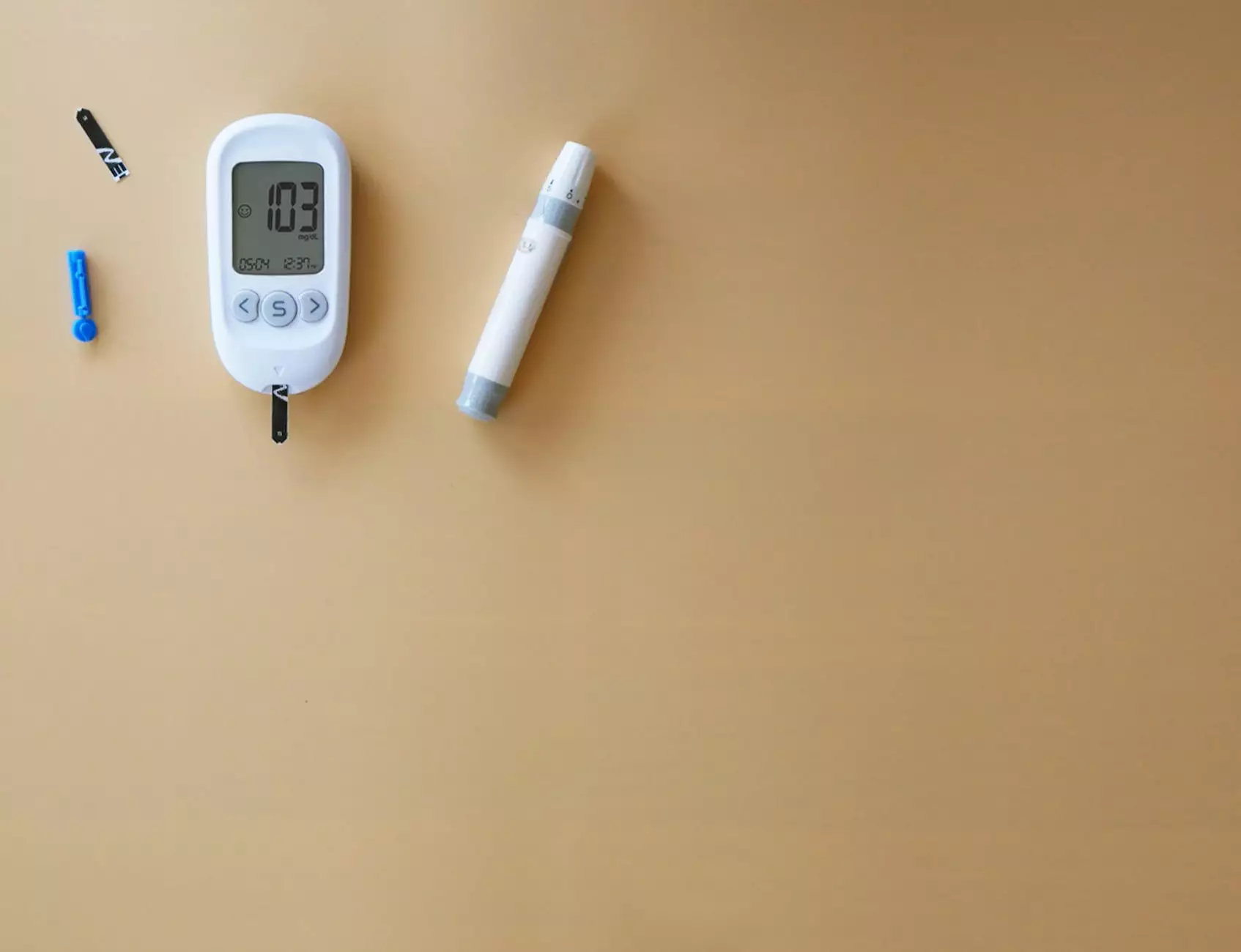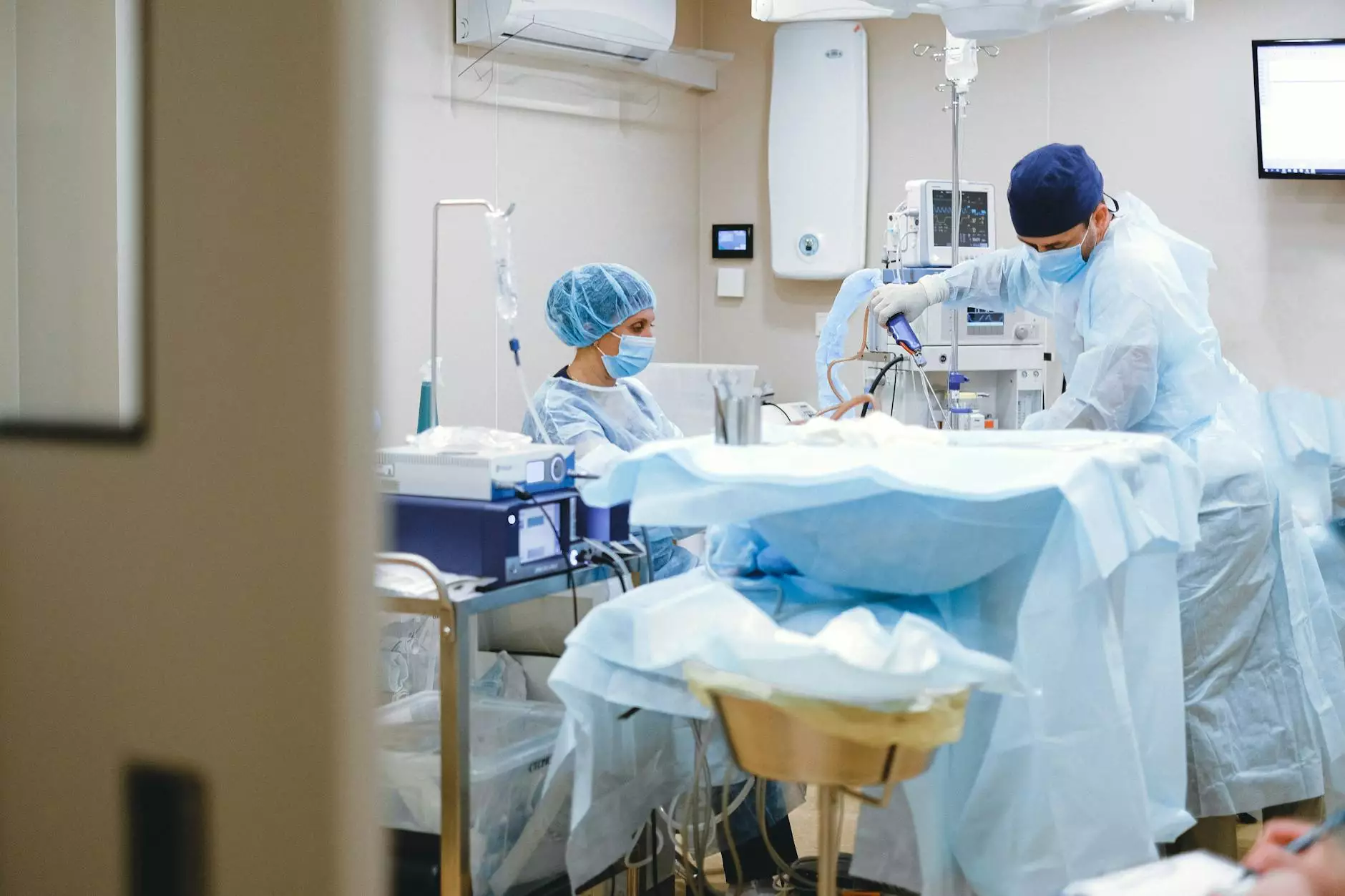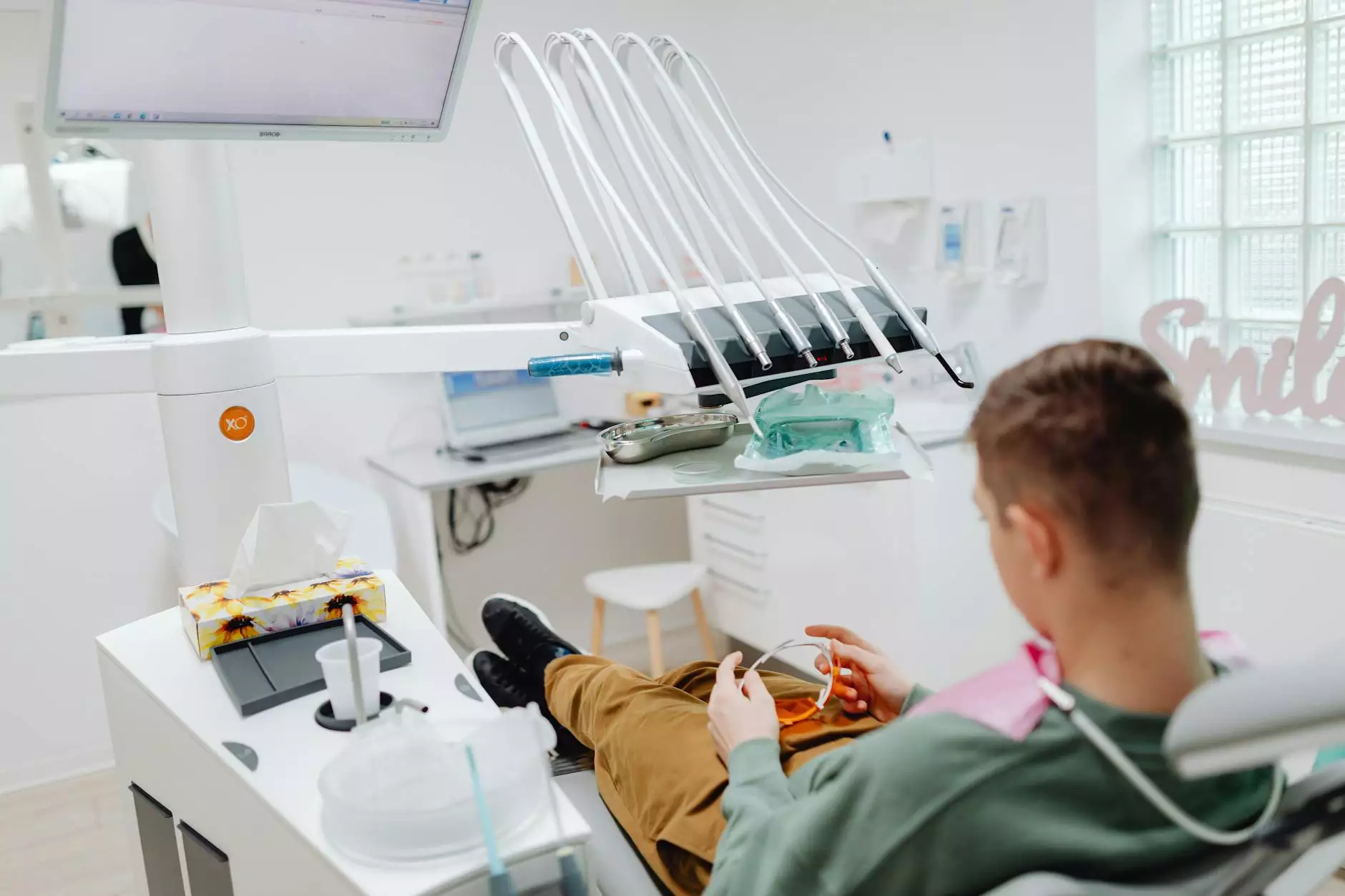Lung Cancer Screening: Essential Insights and Comprehensive Guide

The Significance of Lung Cancer Screening
Lung cancer remains one of the leading causes of cancer-related deaths globally, underscoring the vital importance of early detection through lung cancer screening. This process is designed to identify lung cancer in its early stages when treatment options are more effective. By understanding the benefits and processes involved in lung cancer screening, we empower patients and healthcare providers to take decisive action against this alarming disease.
Understanding Lung Cancer
Lung cancer primarily manifests in two forms: non-small cell lung cancer (NSCLC) and small cell lung cancer (SCLC). NSCLC accounts for approximately 85% of all lung cancer cases. The disease is often asymptomatic in its early stages, which makes screening crucial for effective management and treatment.
The development of lung cancer is strongly associated with risk factors, including:
- Smoking: The predominant cause of lung cancer, responsible for around 85% of cases.
- Exposure to Radon Gas: A naturally occurring radioactive gas that can accumulate in homes, increasing cancer risk.
- Occupational Hazards: Prolonged exposure to substances like asbestos, arsenic, and diesel exhaust can elevate risk.
- Family History: A genetic predisposition may play a role in the likelihood of developing lung cancer.
The Process of Lung Cancer Screening
Lung cancer screening typically includes low-dose computed tomography (LDCT) scans. This method uses a lower dose of radiation than typical CT scans to create detailed images of the lungs. The process is quick, non-invasive, and requires minimal preparation.
Here’s how the screening process generally unfolds:
- Initial Consultation: A thorough health history review and risk assessment by a healthcare provider.
- LDCT Scan: The patient undergoes a simple scan, which takes about 10 to 15 minutes.
- Radiologist Review: A radiologist analyzes the scan for any abnormal findings.
- Follow-Up: Depending on results, further imaging or biopsies may be recommended.
Who Should Consider Lung Cancer Screening?
Not everyone is a candidate for lung cancer screening. Current guidelines recommend that individuals who meet the following criteria consider LDCT screening:
- Aged 50 to 80 years
- History of heavy smoking (a minimum of 20 pack-years)
- Currently smoke or have quit within the past 15 years
- No history of lung cancer
Benefits of Lung Cancer Screening
Implementing lung cancer screening programs presents numerous benefits, including:
- Early Detection: Identifying lung cancer at an earlier stage significantly improves treatment success rates and survival chances.
- Reduced Mortality: Studies reveal that screening can reduce lung cancer mortality by up to 20% among high-risk populations.
- Informed Decisions: Regular screening encourages proactive healthcare management, allowing for timely interventions.
Challenges and Considerations in Lung Cancer Screening
While the advantages are substantial, several challenges must be acknowledged:
- False Positives: Some individuals may receive false positive results, leading to unnecessary anxiety and invasive procedures.
- Cost and Accessibility: Screening may not be covered by all insurance providers, hindering access for some populations.
- Informed Consent: It's essential that patients are thoroughly informed regarding the risks and benefits of screening.
New Developments in Lung Cancer Screening Technology
The field of lung cancer screening is continually evolving. Recent innovations include:
- AI and Machine Learning: Advancements in artificial intelligence are enhancing the accuracy of image analysis and reducing false positives.
- Biomarkers: Research is ongoing into blood tests that might detect lung cancer earlier and more accurately.
- Dual Energy CT Scans: These scans may help differentiate between benign and malignant nodules more effectively.
The Role of Healthcare Providers
Healthcare providers play a crucial role in the lung cancer screening process. They are responsible for:
- Identifying high-risk patients and recommending appropriate screenings.
- Educating patients about the risks and benefits associated with lung cancer screening.
- Facilitating follow-up care and additional testing when necessary.
Conclusion: Advocacy for Lung Cancer Screening
In conclusion, lung cancer screening offers a crucial lifeline for individuals at risk of this disease. Early detection can save lives, improve treatment outcomes, and ultimately reduce mortality associated with lung cancer. As the healthcare community continues to advocate for awareness and access to screening, it is important for individuals to stay informed and proactive about their health. By prioritizing lung cancer screening, we take a significant step forward in combating this severe health crisis.
For comprehensive healthcare services, including advice on lung cancer screening, visit HelloPhysio. Our team of healthcare professionals is dedicated to promoting wellness through preventive measures and personalized care.









